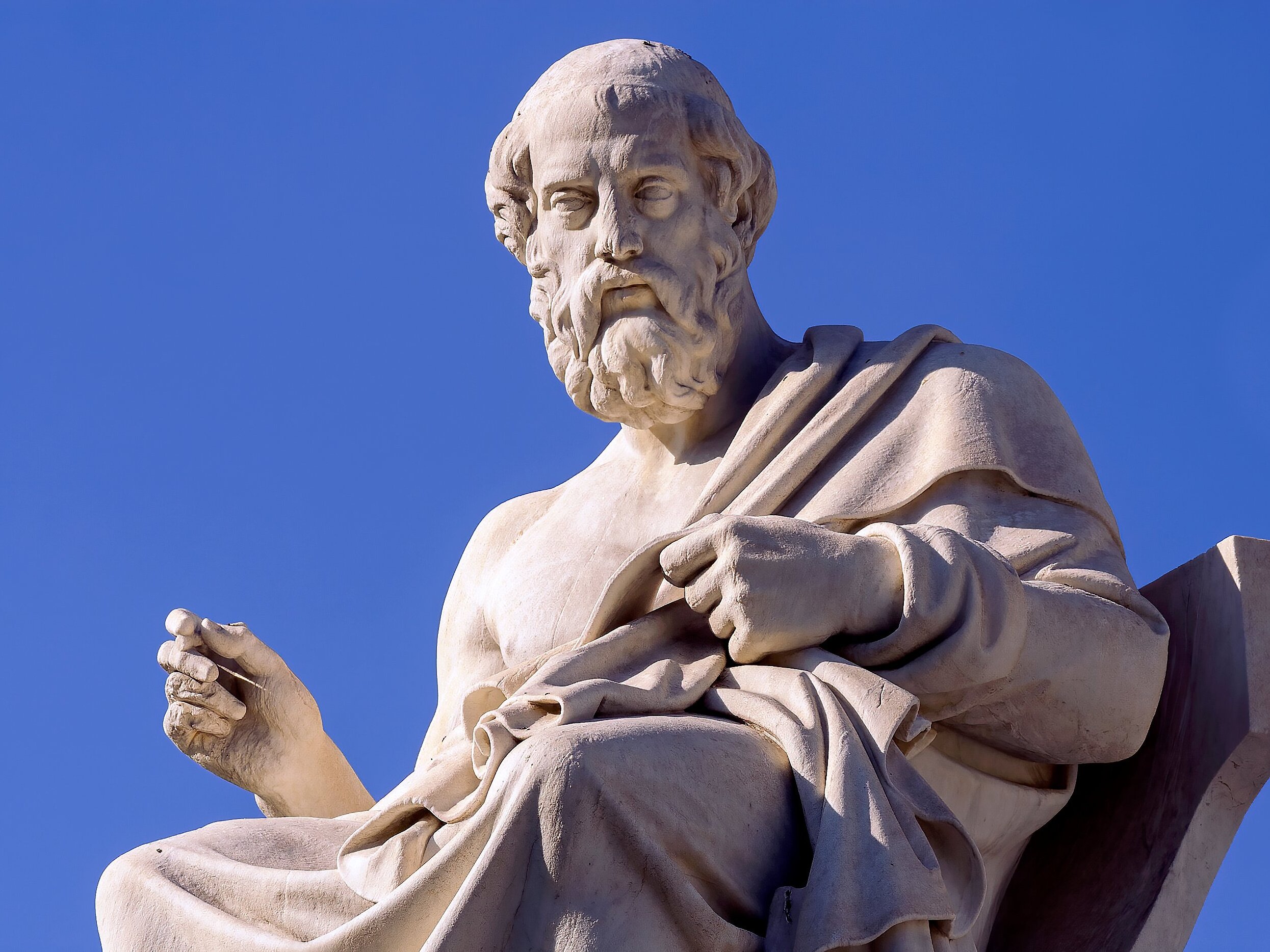HUMS 212, Interpretations - Plato

Course Description:
In this Interpretations seminar on Plato, we read the Alcibiades I, Laches, Protagoras, Symposium, Phaedrus, and Statesman–rich and complex dialogues that are rarely taught at the undergraduate level. These texts display Plato’s philosophical and literary range, from his so-called early or Socratic period to his late, almost univocal style. At the same time, the dialogues address a family of questions about virtue, eros, and political rule. Reading Plato across the dialogues, we also raise methodological questions and engage with relevant secondary literature.
Previous coursework on Plato in Directed Studies, Political Science, or Philosophy is expected.
Led By:
 |
Professor Daniel SchillingerDaniel Schillinger is Postdoctoral Associate and Lecturer in the Humanities Program at Yale, where he teaches Historical and Political Thought in Directed Studies. He is also a Whitney Humanities Center Fellow. His research focuses on Greek and early modern political thought, and it has appeared or is forthcoming in journals such as Political Research Quarterly, History of Political Thought, Political Theory, Polis, and The Review of Metaphysics. In his book manuscript, Schillinger examines the political significance of luck. Whereas many contemporary political theorists argue that democratic societies should seek to neutralize the effects of luck on the lives of citizens, he doubts that luck exists “out there” as something to be neutralized. Returning to Thucydides, Euripides, and Aristotle, Schillinger argues that luck is a psychological phenomenon, which remains politically significant insofar as perceptions of good or bad luck elicit intense emotions and corrupt judgment. At the same time, he finds in Greek political thought lasting reflections on virtuous political agency and unjust domination that can help us to explain how citizens confront, or are overwhelmed by, disaster. |